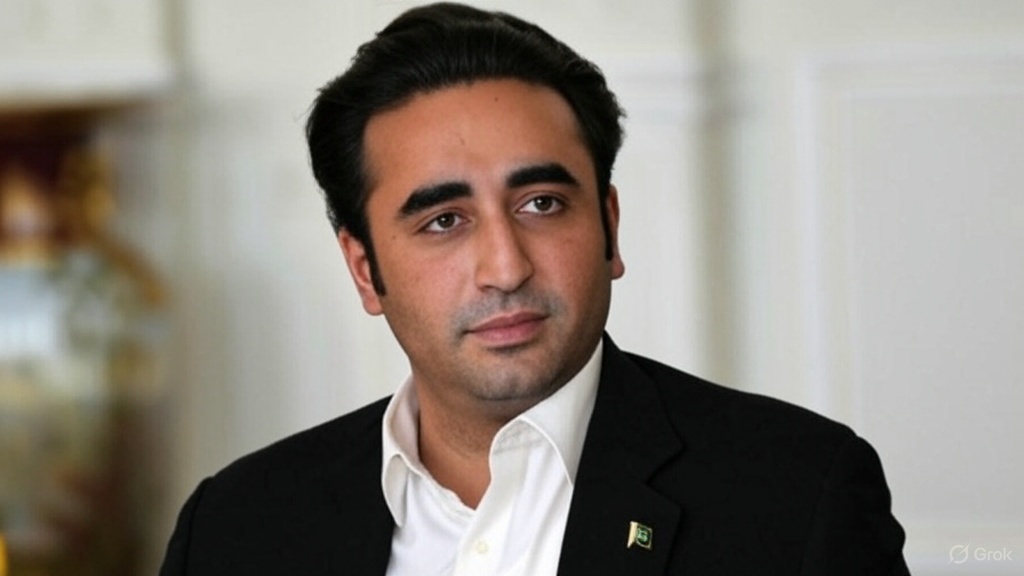‘Either our water will flow or their blood,’ Bilawal Bhutto Issues Dire Warning to India Over Indus Waters Treaty Suspension
Tensions Escalate as Pakistan Reels from India’s Diplomatic Moves
Bhutto-Zardari’s Fiery Response to India’s Actions
Pakistan Peoples Party (PPP) Chairman Bilawal Bhutto-Zardari delivered a provocative warning to India on Friday, reacting to India’s suspension of the Indus Waters Treaty (IWT) following the Pahalgam terror attack. Speaking at a public rally, Bhutto-Zardari declared, “I want to tell India that the Indus is ours and will remain ours. Either our water will flow through it, or their blood will.” He accused India of using the attack as a pretext to mask its internal security failures, escalating the rhetoric amid already strained Indo-Pak relations.
Backdrop of the Escalation
The IWT suspension is part of India’s broader retaliation for the April 22 Pahalgam attack, which killed 26 civilians, mostly tourists. The Resistance Front (TRF), a Lashkar-e-Taiba proxy, claimed responsibility, intensifying concerns over Pakistan’s role in cross-border terrorism. India responded with a series of measures: downgrading diplomatic ties, expelling Pakistani military attachés, closing the Attari border transit post, and issuing a 48-hour deadline for Pakistani nationals to leave the country. The treaty’s suspension has hit Pakistan hard, prompting an emergency meeting between Prime Minister Shehbaz Sharif and Bhutto-Zardari, with discussions on reviving the controversial canals project to mitigate water shortages.
The Indus Waters Treaty Explained
Signed on September 19, 1960, and brokered by the World Bank, the Indus Waters Treaty allocates the eastern rivers (Ravi, Beas, Sutlej) to India and the western rivers (Indus, Jhelum, Chenab) to Pakistan. With 12 Articles and 8 Annexures, it outlines water usage and a three-step dispute resolution process via the Permanent Indus Commission, a neutral expert, or a court of arbitration. Notably, the treaty lacks an expiration date or a unilateral withdrawal clause, making India’s suspension a bold and legally contentious move.
Global Reactions and Domestic Pressure
Bhutto-Zardari’s statement has drawn sharp reactions. Posts on X reflect Pakistani frustration, with some users calling for international intervention, while others in India view the suspension as a justified response to terrorism. Iran has offered to mediate, and Pakistan’s leadership faces global pressure for a neutral probe into the attack. Meanwhile, Pakistani nationals in India are scrambling to leave before the deadline, with reports of desperate appeals for extensions.
What Lies Ahead?
The suspension of the IWT marks a dangerous escalation in Indo-Pak relations, with water—a lifeline for Pakistan’s agriculture—now a potential flashpoint. Bhutto-Zardari’s threat underscores the high stakes, but the treaty’s legal framework suggests disputes should be resolved through arbitration, not unilateral actions or military posturing. As both nations dig in, the international community watches closely, fearing further destabilization in the region.
#IndusWatersTreaty #BilawalBhutto #PahalgamAttack #IndoPakTensions #WaterConflict #CrossBorderTerrorism #DiplomaticCrisis


